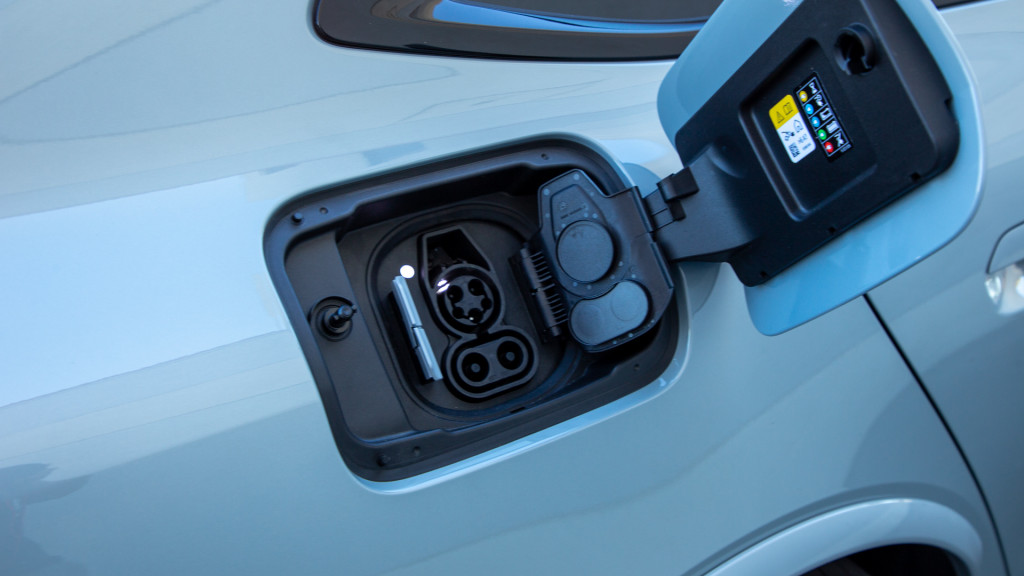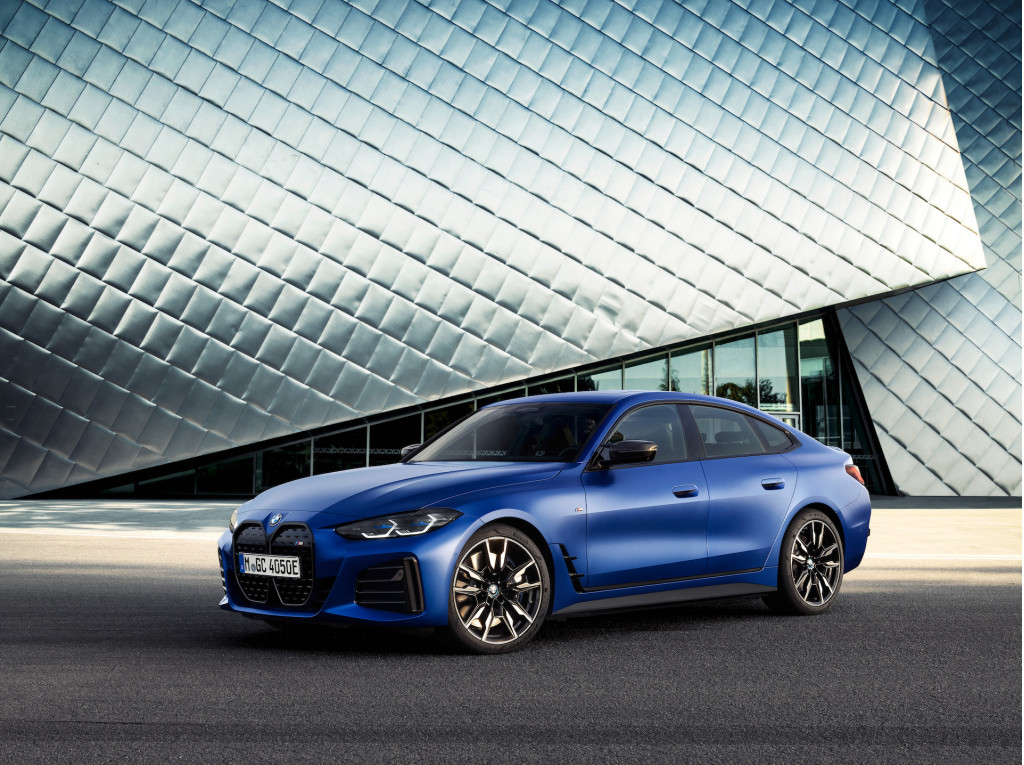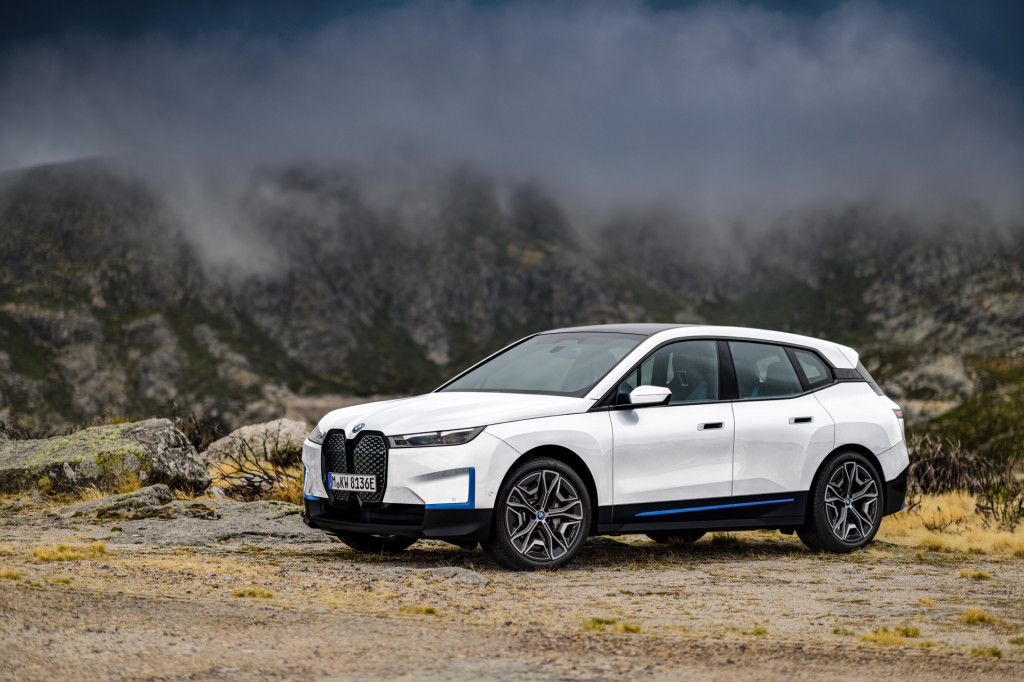BMW tests how its EVs might supplement the grid

BMW and utility Pacific Gas & Electric (PG&E) have started testing technology that allows EVs to supplement the grid.
Testing is taking place at a PG&E lab in San Roman, California, as part of a partnership between the two companies that dates back to 2015, according to a BMW press release. BMW and PG&E previously offered incentives to customers who charged their EVs at times when renewable energy makes up a bigger share of the electricity generation mix.
The current pilot program “is assessing how a typical home could maximize its renewable energy usage by switching between EV battery stored renewable energy and grid-provided renewable energy,” according to BMW.

2023 BMW i4
According to BMW, test results show a BMW i4 eDrive40 capable of providing approximately 140 kwh of grid storage per day, with the capability of storing and returning 27 kwh of renewable energy to the grid. That’s about double the amount of renewable energy that a typical California household uses in a day.
This program has grown out of ChargeForward, BMW told Green Car Reports. That was BMW’s program helping i3 EV drivers charge at times that were smart for their local grid.

2022 BMW i4 M50
Results so far show that drawing power from an EV battery—sometimes referred to as a vehicle-to-grid (V2G) system—helps increase the amount of renewable energy used, according to BMW. Connecting an EV to a home allows for use of roughly double the amount of renewable energy that a typical California household will be able to use on an average day, BMW claims.
This is also particularly relevant for California residents, as approximately 40% of all U.S. EVs are currently driving on California roads, BMW noted.
BMW and PG&E plan to follow up the pilot program with a “field trial” at BMW’s Mountain View, California, office and a fleet of vehicles equipped for V2G operation. They’ve extended their partnership to March 2026, but commercialization of the tech being tested could be farther off, BMW noted. A possible California requirement for bidirectional charging in new EVs could hasten that.

2023 BMW iX xDrive50
PG&E already has several bidirectional charging pilots, involving up to 1,000 residential customers and hundreds of commercial customers. The tech could be especially well-paired with solar, which peaks each day just before the greatest home-energy needs, giving EV-driving homeowners some degree of independence from the grid.
So far though, Ford is the only automaker to offer a comprehensive package, allowing the F-150 Lightning to effectively bypass brownouts.